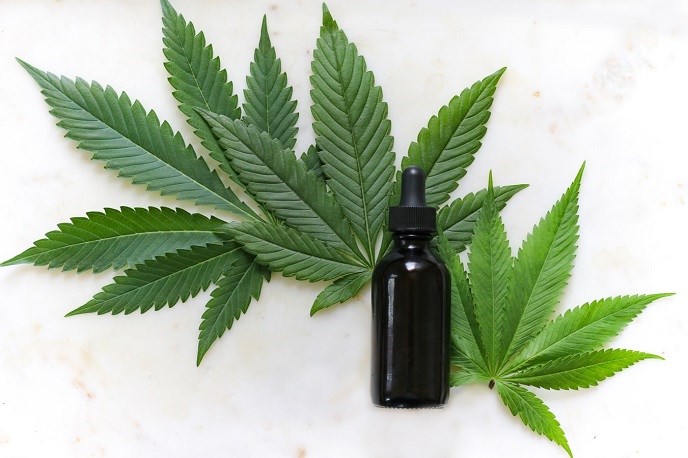Holly Black: Welcome to Morningstar. I'm Holly Black. With me is Allen Good. He is an equity analyst at Morningstar in Amsterdam. Hello.
Allen Good: Good afternoon.
Black: So, we're looking at the oil sector today. And I think one of the big themes for the year ahead is green energy and cutting carbon emissions. How does this affect this industry?
Good: Yeah. So, global oil and gas companies are coming under increasing pressure to reduce their emissions. A key issue that maybe these oil and gas companies have is that 90% to 95% of the emissions associated with oil and gas come during combustion. We typically call this scope 3. Meanwhile, these companies don't really have control over how or when the combustion occurs. So, for them to take responsibility for these emissions is very difficult. So, you typically see firms looking to reduce emissions given that pressure from investors, but they really only are taking responsibility for this scope 1 and 2 emissions, so that 5% to 10% of emissions that are occurring during the extraction and processing of oil and gas. That said, they all are moving in the direction of addressing this issue and preparing for the future where pressure to reduce emissions will continue to grow and ultimately could result in some costs associated with emissions as well.
Black: Okay. So, which players are leading the way in this?
Good: Well, the global integrated oil and gas firms, we have we analyzed each company's targets and found that Shell, Total and Repsol are on the leading frontier of this battle to reduce emissions. Those three firms are the only of the group that are taking responsibility for those scope 3 emissions. So, each of those companies has a total carbon emissions intensity target which they want to achieve over the coming decades and ultimately reduce that emissions targets by 40% to 50%, in some cases, ultimately, to zero by 2050 and that includes the combustion of those oil and gas that they produce as well. So, those three firms are really out in the forefront of the battle to reduce emissions.
Black: And obviously, being a first mover with this sort of thing reaps rewards in the long term. But in the short term, is it actually a bit of a headwind? Does it hit profitability?
Good: So, the key ways really to reduce emissions are – that we found, particularly for scope 3 is to invest in producing more natural gas, which has full cycle emissions that are lower than oil on average, or even more so by investing in renewable power generation. So, we've seen that firms such as Shell and Total and Repsol have begun to commit a portion of their capital spending towards growing their renewable power generation business. Now, renewable power generation has quickly come down the cost curve, right now is very competitive relative to other sources of power generation that rely on fossil fuels. So, the idea that these investments are value destructive is really no longer true. That said, they do have some advantages as well. Most of these sets of projects require upfront capital spending, but very little maintenance capital spending. So, they do ultimately generate a lot of free cash flow over the life of the project, which is positive for these oil and gas integrated firms who are investing to ultimately support their cash returns to shareholders, which is a key reason that investors hold them in the first place. So, on an overall basis, while they do generate lower returns, they do fit in with the investment philosophy of a lot of these firms.
Black: And when we do see an industry changing or getting disrupted in this way, there's always players that don't adapt so quickly. So, what happens to those in the oil industry?
Good: Well, that remains to be seen. I mean, you do have some firms like Chevron and Exxon who continue to invest heavily in oil and gas, do not have any dedicated portion of their investments really going towards renewable power generation. They do have some smaller investments in R&D in renewable energies, but nothing large scale yet. However, this doesn't appear to be detrimental over the near term. Even if you look at some of the IEA's more aggressive scenarios that contemplate a world where the carbon emissions or reductions are achieved in order to limit temperature gains to 2 or 1.5 degrees, you're still talking about a large chunk of global energy demand coming from oil and natural gas. So, even if you go out several decades, the idea that there will not be any usage or demand for oil and natural gas is highly unlikely. And so, over the near term, the idea that you should continue to invest in oil and gas is not necessarily going to be detrimental to their businesses because the demand should be there.
Black: Allen, thank you so much for your time.
Good: Thank you.
Black: And thanks for joining us.



























